#21 march
Text
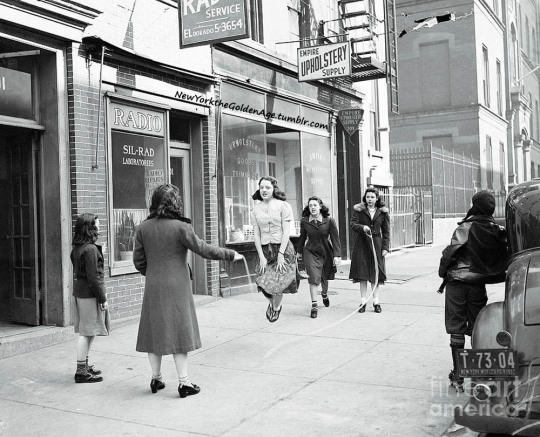
Girls skipping rope on East 46th St. near 3rd Avenue, March 21, 1940. I'm not sure whether this is in Brooklyn or Manhattan.
Photo: Bettmann/Getty/Fine Art America
#vintage New York#1940s#jump rope#skipping rope#girls' games#March 21#21 March#vintage NYC#street games
104 notes
·
View notes
Text
21 March 1967

Paul officially recognizes John as the Emperor of Eternity.
157 notes
·
View notes
Text
#OTD in Irish History | 21 March:
1181 – John Cumin (or Comyn) was elected archbishop of Dublin and consecrated by the pope at Velletri on this date. He is the first Englishman to be appointed to an Irish see.
1656 – Death of Bishop James Ussher. The Dublin-born cleric deduced from biblical studies the exact date of the Creation (23rd October, 4004 BCE), and the date of the end of the world: 4th November 1996. The Bishop had a…

View On WordPress
#irelandinspires#irishhistory#OTD#21 March#Ireland#Irish Civil War#Irish War of Independence#Today in Irish History
9 notes
·
View notes
Text

@Michael5SOS: 5 Seconds Of Summer
21 March 2018
#michael must have been feeling a bit vulnerable that day he's all wrapped up#bonzi and fonzi#5sos#calum hood#ashton irwin#luke hemmings#michael clifford#5 seconds of summer#2018#21 march#band portrait#band photo
54 notes
·
View notes
Text
Everyone has a part to play in fighting racism.

The International Day for the Elimination of Racial Discrimination – also known as End Racism Day – is an opportunity to “recognize the contribution of individuals and organizations that stand up against racial discrimination and the challenges they face”.
The UN says there are three key strands to the fight against racism:
Education: teaching the history of racism, slavery, and colonialism, and learning about human rights tools to fight against oppression, racism and discrimination.
Actions speak as loud as words: Speaking out against intolerance often leads to concrete actions to stop it.
We all are agents of change: We all have the power to tackle racism. What is needed is courage and the will to act.
#End Racism Day#stand up against racial discrimination#21 march#International Day for the Elimination of Racial Discrimination#OHCHR
43 notes
·
View notes
Text
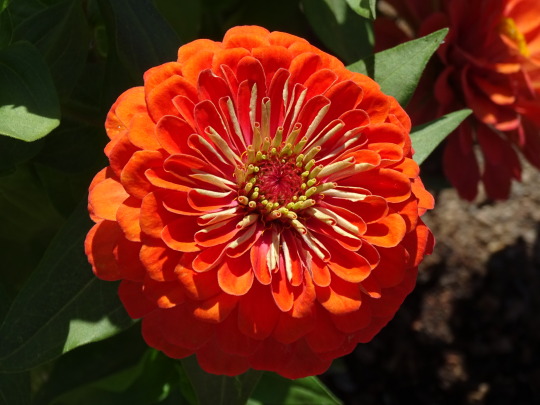

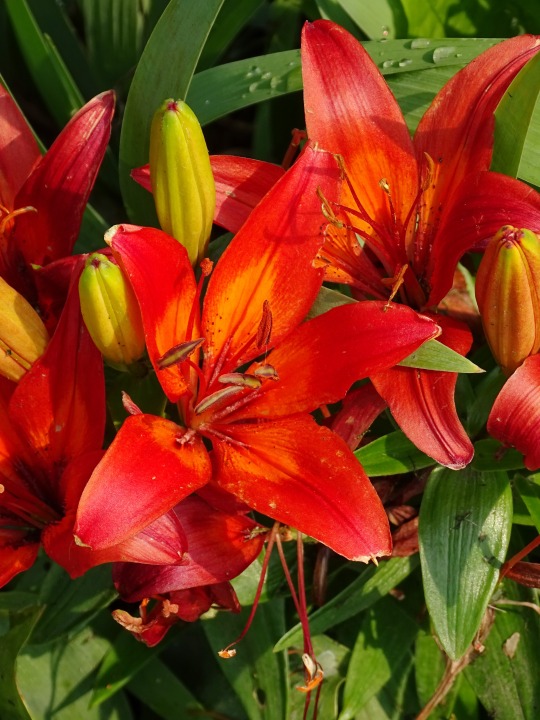


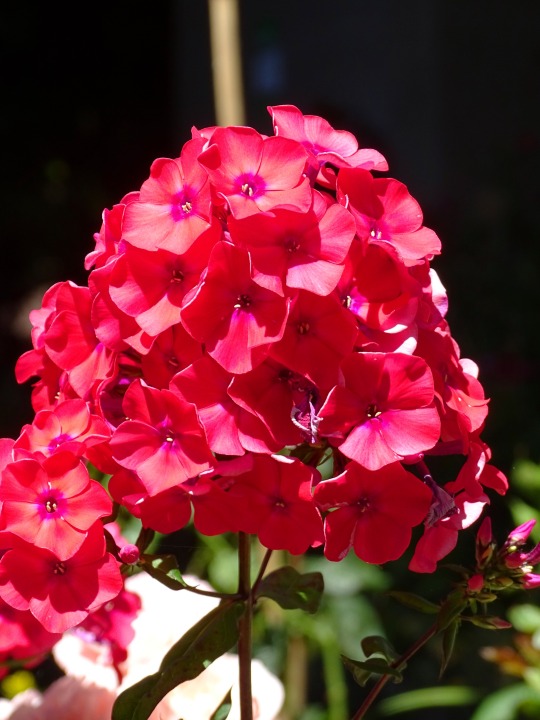
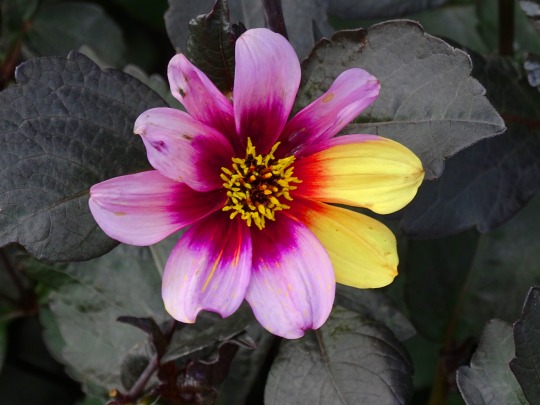
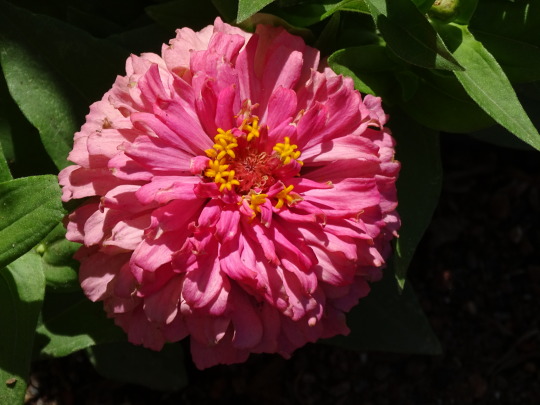
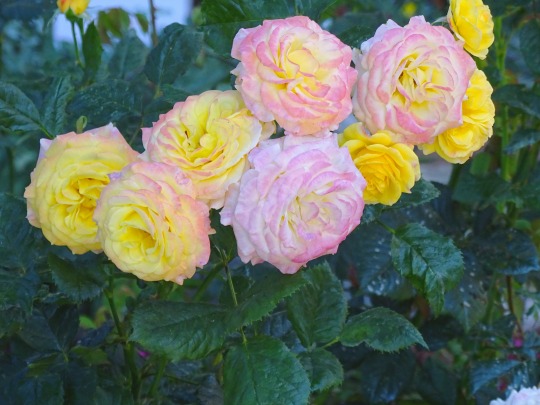

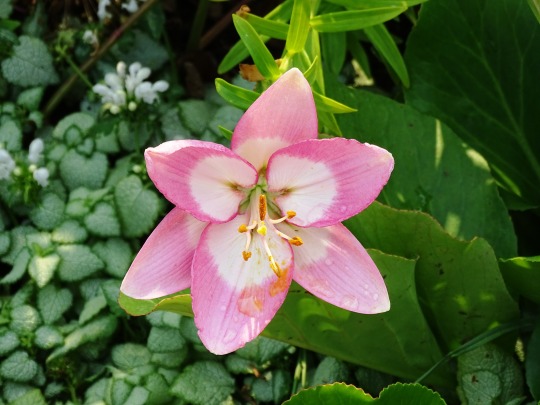

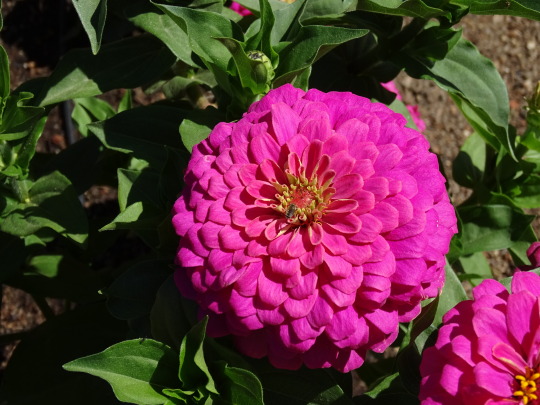
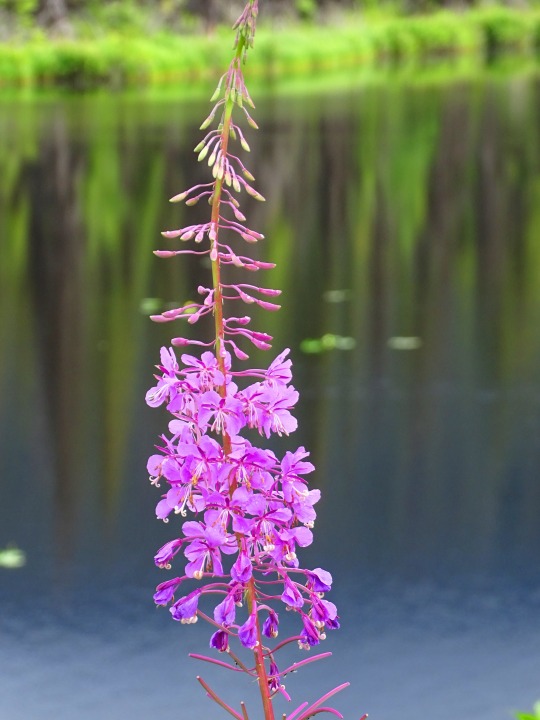

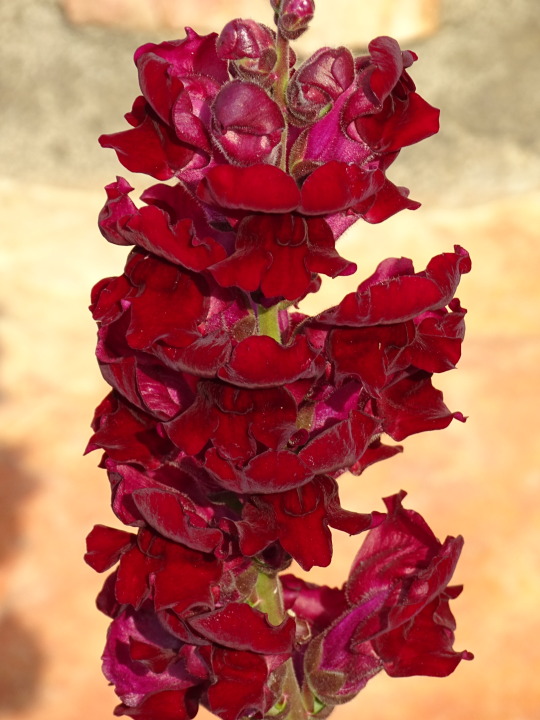

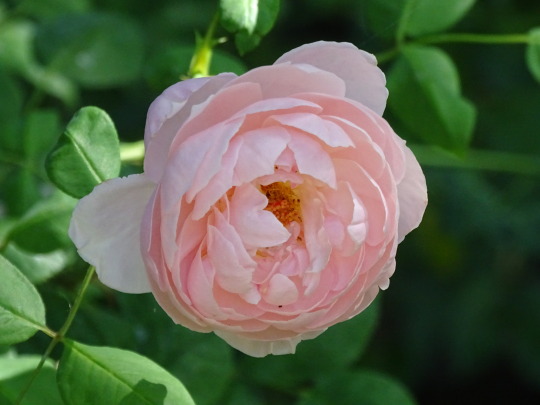
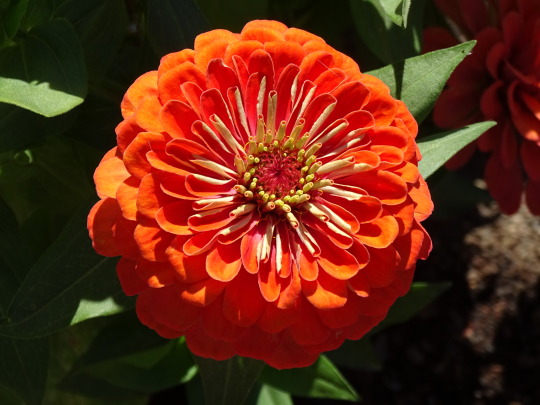
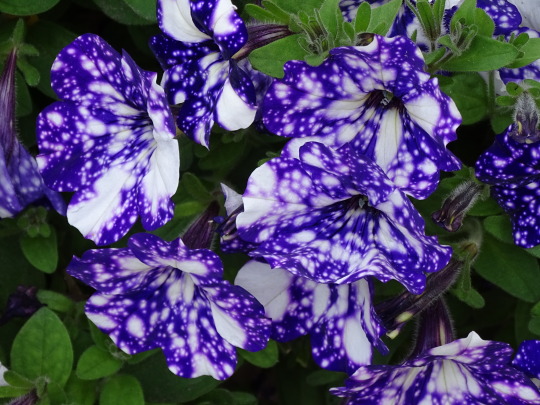
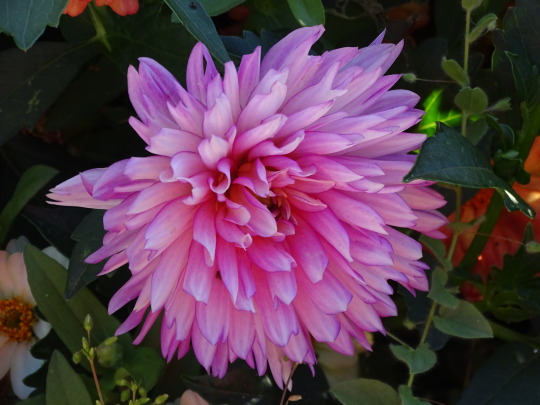


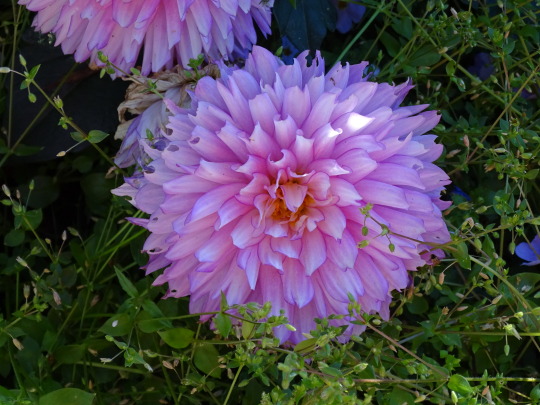
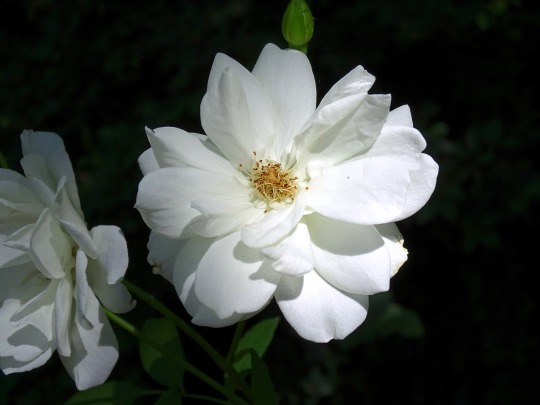
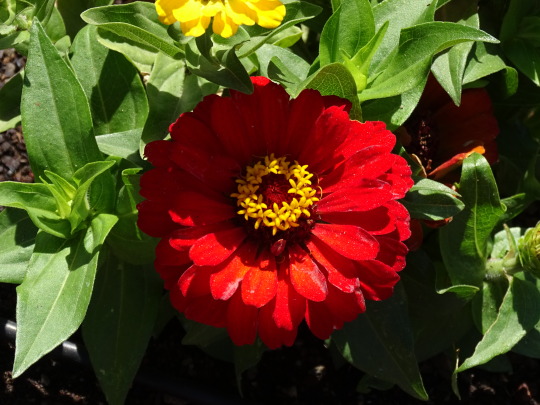



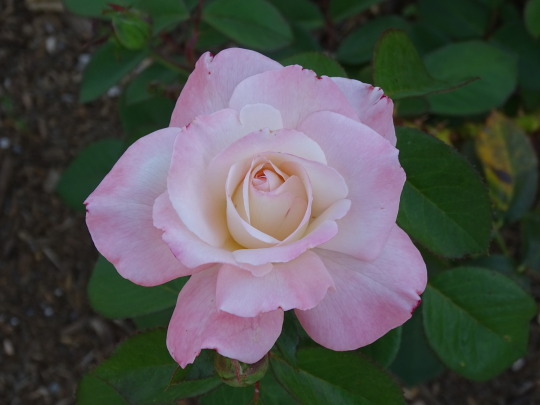
National Flower Day
National Flower Day is on March 21 every year, right after the first official spring day. Flowers in spring have that extraordinary quality that words can’t do justice to. We can practically sniff everything beautiful about spring — that unmistakable scent of hope and renewed energy. Colorful buds and petals, slowly peek their heads up to meet the sun. Flowers perfectly embody the emotions associated with spring. Gifting flowers is always a good idea. Few things can uplift spirits the way flowers do. Do you want to make someone feel special? Mark an occasion? Or perhaps need a mood-uplift yourself? Say what you need to say with flowers, today and always.
History of National Flower Day
The earliest connection between flowers and their importance to humans dates back to the paleolithic age with the discovery of flower fossils. Similarly, gifting flowers has always been central to life and culture. Across civilizations, flowers would feature prominently in ancient myths and stories. The Ancient Greeks revered flowers and associated them with several Gods.
Flowers have bloomed on Earth and in our hearts throughout history as we know it. They bring an extra spring to our steps. Add color to mundane days. Flowers can convey love, joy, and strength through every season or reason. Their fragrance and beauty bring cheer to anyone’s day.
National Flower Day in March reminds us to pause and appreciate nature’s art. The holiday is perfect for planting more flowers. You could gift flowers to someone or even yourself. It’s a great day for a long stroll in the park or a short hike. To stop and smell the roses, tulips, or camellias. As you soak in pops of color in gardens everywhere, it’s hard not to radiate the same joy.
If you’ve been dreaming of spring blooms throughout the winters, today’s perfect to prep for spring gardening. This special day helps us get ready for warm weather. The perfect pick-me-up after a long, dreary winter. Today’s excellent for getting our gardens ready for spring. National Flower Day is also an excuse to celebrate big moments and small ones. Gift flowers to someone you love or to yourself as a personal pat on the back.
National Flower Day timeline
2686 B.C. — 2610 B.C. The First Floral Arrangements
The Egyptians adorn their homes with flowers placed inside vases.
618 A.D. — 907 A.D. Floral Fashion
Floral silks dominate fashion trends during the Tang dynasty rule in China.
1999 Flowers in Song
Sting and Cheb Mami sing 'Desert Rose.'
2002 Flowers and Emotional Health
A Rutgers University study concludes that men who receive flowers have enhanced social connections and happiness.
National Flower Day Activities
Give someone flowers
Bring flowers home
Go for a nature walk
Surprise family and friends by gifting them flowers. Or arrange special bouquet deliveries to your co-workers or a favorite charity.
Start prepping for spring with a small garden at home. Not a gardening expert? Buy some flowers at the market and arrange them in pretty vases.
Treat your senses to the sight and scent of flowers. Take the time to appreciate each one’s beauty.
5 Facts About Tulips That Will Blow Your Mind
Central-Asian origins
The Tulip market crash
Tulips follow the sun
They’re edible
Never say die
Although Holland made the tulip poplar, tulips are native to the Tien Shan mountains in Central Asia.
Holland’s tulip industry came to a crash in 1637 when too many speculators sold the flowers at one time.
Tulips move with the sun’s rays even when inside a vase.
Those who couldn’t afford food during WWII ate tulips and tulip bread to survive.
Tulips continue growing even after you cut them.
Why We Love National Flower Day
An appreciation of beauty
It gets us outside
Flowers make us happy
National Flower Day reminds us of the incredible world we inhabit. Beauty exists all around us.
Holidays that have us breathing fresh air and the scent of flowers are the best. A much-needed trip outdoors.
Who doesn’t love flowers? They instantly brighten our days, making everyone feel special.
Source
#rose#dhalia#lily#National Flower Day#21 March#travel#original photography#vacation#tourist attraction#USA#Canada#summer 2023#fireweed#hibiscus#Snapdragon#Napa Valley#garden#NationalFlowerDay#California#summer 2022#blooming#nature#flora#British Columbia#Alaska#Alberta#Yukon#zinnie
2 notes
·
View notes
Text
Healthy forests, healthy planet, healthy humans.
youtube

Forests are often called the lungs of the planet, because they absorb harmful carbon dioxide and produce life-giving oxygen so it’s no exaggeration to equate healthy forests with healthy people, the theme of this year’s International Day of Forests.
Covering 31 per cent of Earth’s land and providing a home to 80 per cent of all land-based species, forests are crucial to human health and well-being, but their loss across the planet is threatening people everywhere.
Here are five things you need to know about the age-old and ever-growing interlinked relationship between forests and human health.

CityAdapt - Forests are key to building climate resilience.
1. Carbon sinks combat climate change
Forest ecosystems keep the planet healthy by regulating the climate, rainfall patterns, and watersheds and crucially provide the oxygen which is essential to human existence.
Healthy forests help to keep climate change in check by acting as “carbon sinks”, which annually absorb about two billion tonnes of carbon dioxide, the gas which is contributing to climate change and the increase of temperatures globally.
The rapidly changing climate is threatening the very existence of people in many different ways: through death and illness due to extreme weather events, the disruption of food systems, and the increase in diseases. Simply put, without healthy forests, people around the world, especially in the world’s most vulnerable countries, will struggle to lead healthy lives and maybe even to survive.

UN-REDD Forest products are processed into medicine in Viet Nam.
2. Nature’s pharmacies: from masks to medicine cabinets
From masks to medicines, forest products are used around the world every day. As many as 80 per cent of developing nations and one quarter of developed countries depend on plant-based medicinal drugs.
Forests contain about 50,000 plant species used for medicinal purposes by both local communities and multinational pharmaceutical companies. For millennia, forest dwellers have treated a range of ailments using products they have harvested. At the same time, many common pharmaceutical medicines are rooted in forest plants, including cancer-treating drugs from the Madagascar periwinkle and malaria medication, quinine, from cinchona trees.
The One Health approach, launched as part of the UN response to the COVID-19 pandemic, recognizes that the health of humans, animals, plants, and the wider environment, including forests, are closely linked and interdependent.
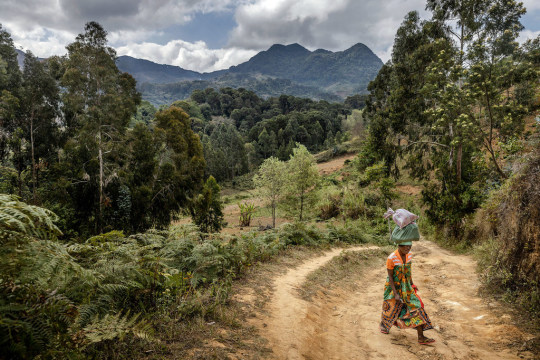
© FAO/ A woman carries goods through Uluguru Nature Forest Reserve in Morogoro, Tanzania.
3. Dinner for 1 billion people
Nearly one billion people globally depend on harvesting wild food such as herbs, fruits, nuts, meat, and insects for nutritious diets. In some remote tropical areas, the consumption of wild animals is estimated to cover between 60 and 80 per cent of daily protein needs.
A study from 43,000 households across 27 countries in Africa found that the dietary diversity of children exposed to forests was at least 25 per cent higher than those who were not.
In 22 countries in Asia and Africa, including both industrialized and developing countries, researchers found that indigenous communities use an average of 120 wild foods per community, and in India, an estimated 50 million households supplement their diets with fruits gathered from wildland forests and surrounding bushland.

UNDP Timor-Leste / Communities in Timor-Leste are helping to restore mangrove forests.
4. Forests are crucial for sustainable development
Forests provide goods and services, employment, and income to perhaps 2.5 billion people worldwide; that’s around one third of the global population.
Keeping forests – and humans – healthy is also at the heart of sustainable development and the 2030 Agenda. Woodlands play a key role in advancing progress across the Sustainable Development Goals (SDGs), including:
SDG 3 Well-being: Woodlands feel good. Studies show that spending time in forests can boost immune systems while elevating positive emotions and lowering stress, blood pressure, depression, fatigue, anxiety, and tension. Human health and well-being depend on the natural environment, which provides such essential benefits as clean air, water, healthy soils, and food.
SDG 6 Water: Forests play a filtering role in providing freshwater. About 75 per cent of the world’s accessible freshwater comes from forested watersheds. By feeding rivers, forests supply drinking water for nearly half of the world’s largest cities. Threats to forests could trigger water shortages and put global freshwater resources at risk for people across the world, which are among urgent issues addressed at the forthcoming UN 2023 Water Conference.
SDG 13 Climate action: The woods buffer the impacts of storms and floods, protecting human health and safety during extreme weather events. For centuries, forests have acted as nature’s socio-economic safety nets in times of crisis. Sustainably managed and protected forests mean enhanced health and safety for all.
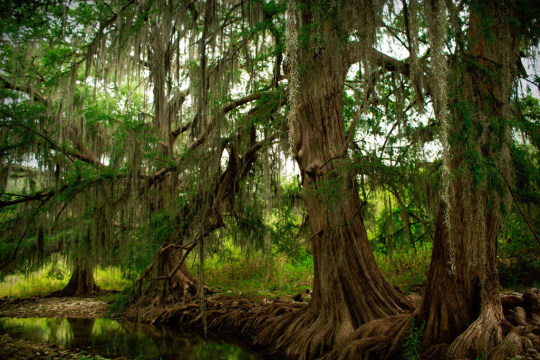
Deforestation continues despite international calls to protect forests.
5. Forests need protecting
The wide-ranging benefits of forests are well known, but that doesn’t mean they are offered the protection that they perhaps deserve. Fire, insect-damage and deforestation have accounted for up to 150 million hectares of forest loss in certain years over the last decade, that’s more than the landmass of a country like Chad or Peru. The production of agricultural commodities alone, including palm oil, beef, soy, timber, and pulp and paper, drives around 70 per cent of tropical deforestation.
Many governments have adopted forest-friendly policies, and others have increased investment in woodlands and trees. Local communities and actors are making their own strides, sometimes one tree at a time. The UN established the Decade for Ecosystem Restoration (2021-2023) and its agencies are harnessing partnerships with local to global stakeholders to better protect forests, from planting three million trees in Peru to empowering young women to work as community forest rangers to protect illegal fauna trafficking in Indonesia.
Established in 2008, UN-REDD is the flagship UN knowledge and advisory partnership on forests and climate, supporting 65 partner countries. Building on the expertise of the UN Environment Programme (UNEP), UN Development Programme, and the Food and Agriculture Organization (FAO), the initiative has, among other things, seen member countries reduce forest emissions at levels equivalent to taking 150 million cars off the road for a year, ushering in a lot of more fresh air.
For guidance on creating an enabling environment in which people can benefit from all woodlands have to offer, FAO offers recommendations alongside a closer look at many key interlinkage between forest and human health in its report, Forests for human health and well-being
#UN-REDD#FAO#UNDP#UNEP#International Day of Forests#21 march#Forests and health#sdg13#SDG15#intlforestday#vegetation#forestry#Youtube
4 notes
·
View notes
Text
«
Not even lost in the haze
of these strange days..
»
*
5 notes
·
View notes
Text
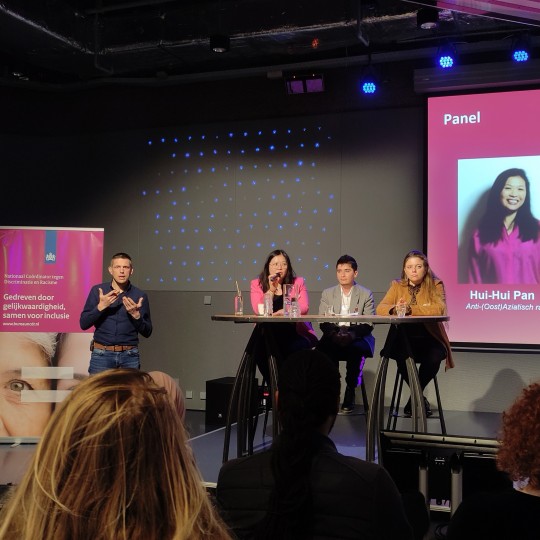
Door Everest Thung
Jongerenevent BureauNCDR
UTRECHT Op 21 maart 2023, de internationale dag tegen discriminatie en racisme, organiseerde de Nationaal Coördinator tegen Discriminatie en Racisme een event speciaal voor jongeren. "Een inclusief Nederland begint bij jullie!"
Welke vormen van discriminatie komen jullie tegen in het dagelijks leven? En welke oplossingen kunnen wij gezamenlijk bedenken?
De Nationaal Coördinator tegen Discriminatie en Racisme nodigde iedereen uit om bij dit event aanwezig te zijn en in gesprek te gaan met elkaar. Zeg het voort! Aanmelden kon via Yourtickets.nl:
#aziaten#asianraisins#racisme#panasiancollective#vrijaziatisch#nihaojebek#iklachniet#hetismaareengrapje#asian representation#veryasian#21 march#aziatisch#21 maart
2 notes
·
View notes
Text
My scar is itchy. Has been for a couple of months. It's frustrating because it is on my back, which means that if I'm sitting on the couch and it itches, I have to bend forward in order to be able to rub it. The itch is resolved, but pain replaces it.
When I told my GP she asked me to remind her how long ago my back surgery was. I'm just shy of two years. "Ah," she said, "scars can still change up to two years after."
Excuse me? Change?
#back surgery#back pain#surgery#surgery scar#she prescribed me a cream that can help with the itchiness but I haven't gotten it yet#it feels so stupid when I'm only 6 weeks or so away from it having been two years#although I can imagine it's not *exactly* two years but still#writing#my writing#a story every day#21 march#2024#I wonder how long until I'll be able to tell a story every day that's more exciting than the fact that my scar is bothering me
0 notes
Text

Irene DeKoe puts Albert the elephant to work pushing the heavy trucks into position at Madison Square Garden, March 21, 1922. This was probably for a circus.
Photo: Bettmann Archive/Getty Images/Fine Art America
#vintage New York#1920s#elephant#circus#elephants at work#animals at work#Madison Square Garden#March 21#21 March
46 notes
·
View notes
Text
22 March 1965

On this day in 1965, Capitol records releases The Early Beatles in America, because obviously one year is long enough for everyone to have forgotten where they came from.
17 notes
·
View notes
Text

Mistigram: who are the sinister forces pulling the strings from behind the scenes? I don't know either, but today is their day! AdeptApril celebrates World #Puppetry Day with this #ANSIart screen of a #marionette stage... or behind the scenes at NSYNC's video shoot for "Bye Bye Bye".
1 note
·
View note
Text
@Ashton5SOS: I present to you the best GIF of the 2000's and beyond. @Calum5SOS
@SierraDeaton: tears are actually falling down my face
@Calum5SOS: why you guys gotta do me dirty like that

21 March 2017
#hips don’t lie#calum hood#calum#5sos#5 seconds of summer#calum 5sos#in the club#sexy dancing#2017#ashton irwin#sierra deaton#21 march#cashton
21 notes
·
View notes
Text
Reflecting on the journey towards equality.

“If we do not occupy this great avenue in which we all can recognise ourselves from our human identity, we will not achieve the dream looming on the horizon, which is the dream of dignity for all people,” said Epsy Campbell Barr, former Vice-president of Costa Rica, and a member of the Permanent Forum on People of African Descent.
Every year, the International Day for the Elimination of Racial Discrimination is observed on 21 March, the same day the police in Sharpeville, South Africa, opened fire and killed 69 people at a peaceful demonstration against apartheid "pass laws" in 1960.
“The history goes back to South Africa, where apartheid placed Black people at the bottom of the rights ladder in that country,” Campbell Barr said.
By proclaiming this International Day in 1966, the General Assembly urged the international community to reinforce its efforts to combat racism and eliminate all forms of racial discrimination. This year’s theme focuses on “A Decade of Recognition, Justice, and Development: Implementation of the International Decade for People of African Descent”, in reference to the International Decade for People of African Descent, which has lasted from 2015 to 2024.
“People of African descent are the victims of the worst human tragedy that humanity has experienced for a long enough period of time to have consequences in the present, and that is the transatlantic trafficking of African people and their subsequent enslavement.“
EPSY CAMPBELL BARR, FORMER VICE-PRESIDENT OF COSTA RICA, AND MEMBER OF THE PERMANENT FORUM ON PEOPLE OF AFRICAN DESCENT
The UN High Commissioner for Human Rights has served as the coordinator for the International Decade, overseeing various activities from the Fellowship programme for people of African descent, the enhancing of the anti-discrimination database, the preparation of annual reports for the Secretary General, to the promotion and awareness raising on the International Decade, including through the organization of regional meetings around the globe to further advance the objectives of the Decade.
“The relevance of the International Decade is that globally, nations agree that there is a human group, people of African descent, who are at a relative disadvantage that is great enough to prioritise action for 10 years,” Campbell Barr said. “If people of African descent are not recognised, if people do not understand that we are part of the population, if they do not understand the conditions we are in, if they do not put the issue of systemic racism, anti-Black and anti-Black African racism, as a central issue, it is impossible to achieve justice and development.”
“The International Decade has to be understood as part of the global agenda of the United Nations, it has to be understood as part of the 2030 Agenda for Sustainable Development. It is necessary to insert the International Decade in the great promise to 'leave no one behind'. But in the case of people of African Descent, it is 'don’t keep us behind,' which is a very different thing,” Campbell Barr said.
A second International Decade
Martha Liliana Meza Castillo, a Colombian Black woman, sociologist, journalist who specializes in conflict, peace, education and human rights, has worked with Black communities in Colombia in the context of the armed conflict in this country. By her own initiative, she promoted the International Decade to inform Afro-descendants about their rights and how this tool could be useful to them.
“A second International Decade is important because it is necessary to continue working in the fight against racial and systematic discrimination and injustice, even if it sounds repetitive and they say that we are victimising ourselves. It is a reality that we are living, and as a society we still have a long way to go, especially in terms of justice and the recognition of the historical contribution that people of African descent have made to societies,” Meza Castillo said. “We have to continue on this path to achieve the objectives of a more just and dignified society.”
According to Meza Castillo, there was not enough support by the government and the International Decade was promoted by word of mouth among Black communities in Colombia, which was very useful, with people saying: “at the UN there is a mandate for us now, the government has to start fulfilling it.”
For her, the International Decade inspired the inclusion of an ethnic chapter in the negotiation of the peace accords in the South American country.
“I believe that the International Decade inspired these communities to demand from the government a place, a space and a leading role at the negotiating table, to achieve recognition of the disproportionate impact that the ethnic communities have endured during the armed conflict and the demand of no repetition,” Meza Castillo said.
“A second International Decade is needed because people of African descent remain the poorest amongst the poorest, because political representation systemically excludes people of African descent, because racism remains systemic, and because we need to redress the consequences of enslavement that are manifested today in the lives of millions of people of African descent.“
EPSY CAMPBELL BARR, FORMER VICE-PRESIDENT OF COSTA RICA, AND MEMBER OF THE PERMANENT FORUM ON PEOPLE OF AFRICAN DESCENT
For Campbell Barr, in various countries, the International Decade has made it possible to advance specific public policies based on the recognition of people of African descent, both through the implementation of affirmative actions and specific awareness-raising campaigns.
“In terms of justice and development we have not made any progress, because the judicial systems are the same, because the colonial structure still places Black people in a real denial of rights,” Campbell Barr said. “For example, in the over-representation of Black people and Black youth in the prison system, the injustice against Afro-descendants where we can see the triple punishment for being an Afro-descendant.”
“They are punished because all their rights are taken away and they are then in a situation of exclusion. This situation of exclusion makes them much more vulnerable to criminal networks and illegal activities for which they are literally kidnapped and because the justice system already has a subjective burden to place them in a situation of greater vulnerability due to their racial ethnic identity,” Campbell Barr said.
According to Campbell Barr, there has been no progress in terms of development, as the data and social and economic indicators of many countries continue to show that people of African descent are at the end of the line.
“It is important to give a stronger voice to the diversity of Afro-descendant voices in development debates because racial discrimination also takes away people's voices and it is necessary to listen to the voices of those who historically have not been able to say what they think, put forward their perspectives and bring to the debate their energies and that spiritual, emotional and cultural logic that is so necessary,” Campbell Barr said.
Informing other struggles

People protest against racism and demand justice.
“I think struggles are absolutely intertwined. What we are striving for is a new pact, a pact that gives equal dignity to all people,” Campbell Barr said. “The efforts we Afro descendants make have an impact on the inclusion and rights of the most excluded sectors of the population, and everything we do makes sense for these groups, for indigenous peoples, for women, for people with disabilities, for migrants.”
There is no way to understand the struggle against systemic racism without understanding the social, economic, and cultural structure that ranks people based on their diverse identities, she added.
“Our struggle is the struggle of all people who are demanding dignity, that dignity that we deserve just because we are people,” Campbell Barr said. “Let's not fool ourselves, let's not try to imagine that we could survive in a structure of discrimination by saving some and leaving the rest out.”
#21 march#stand up against racial discrimination#systemicracism#fight racism#International Decade for People of African Descent#ohchr
0 notes
